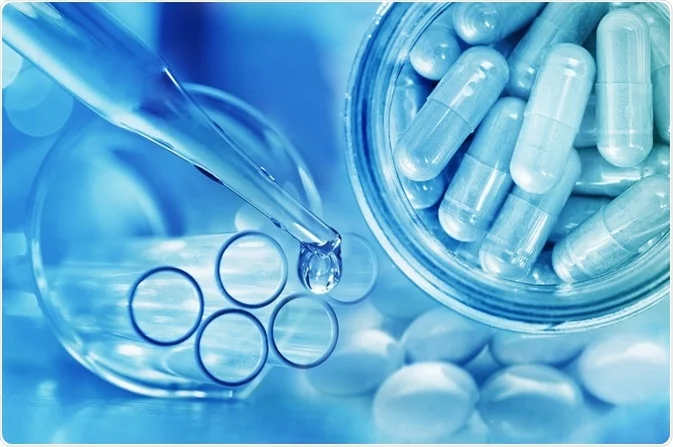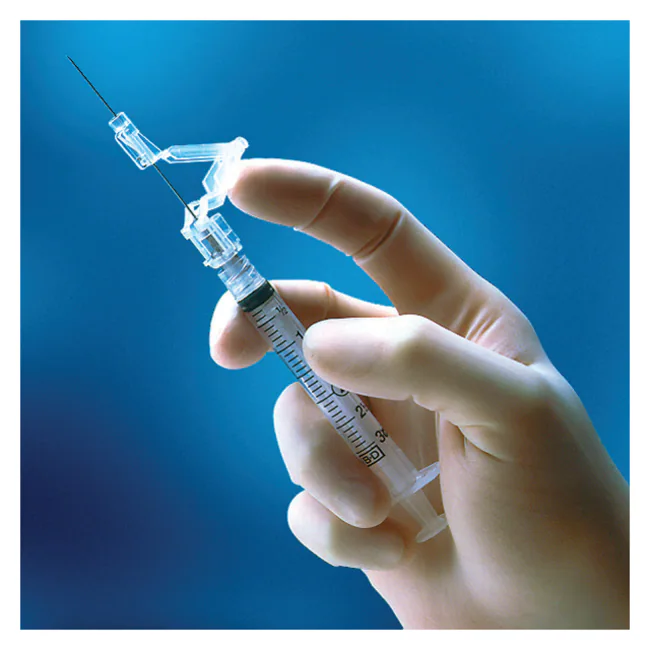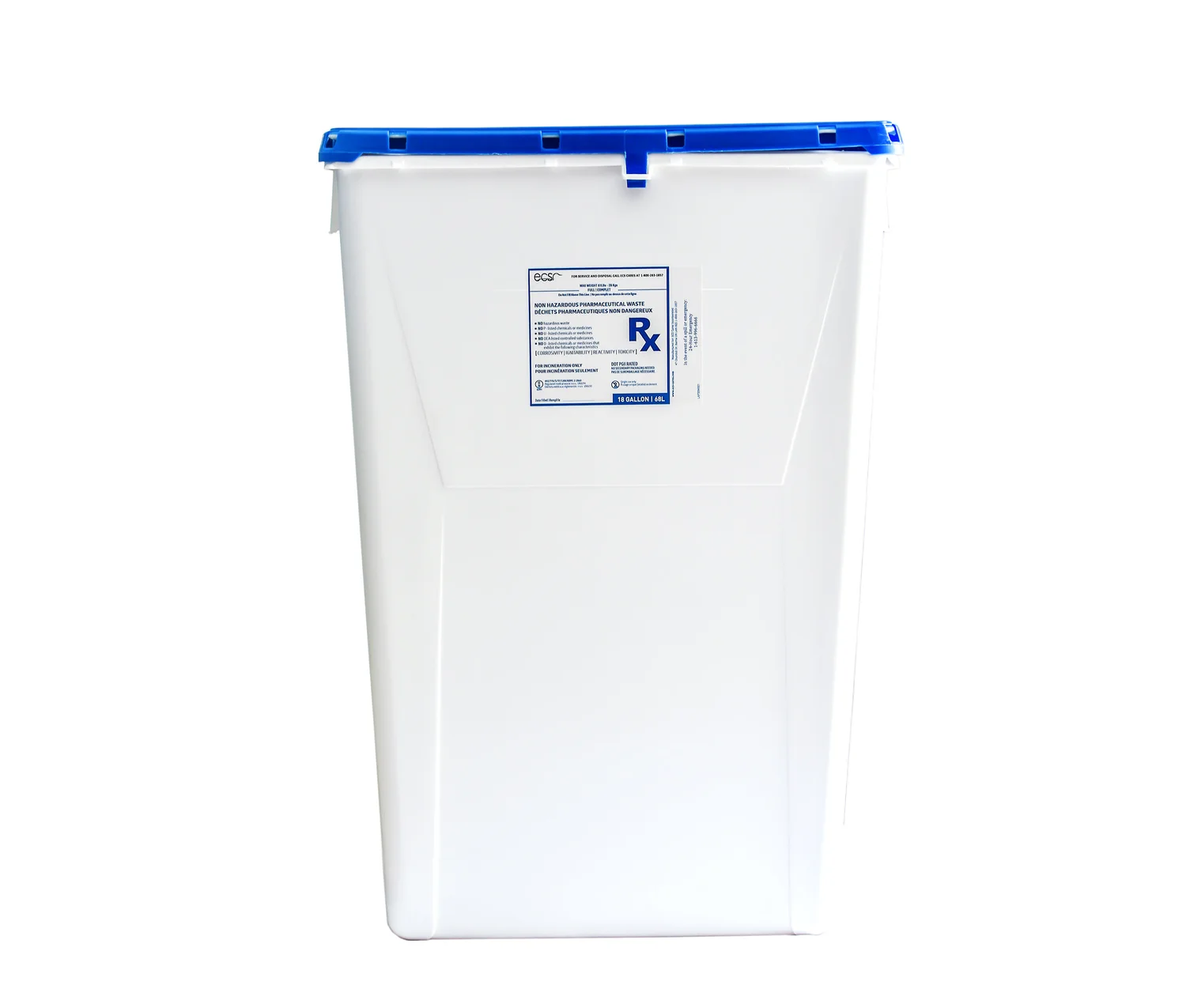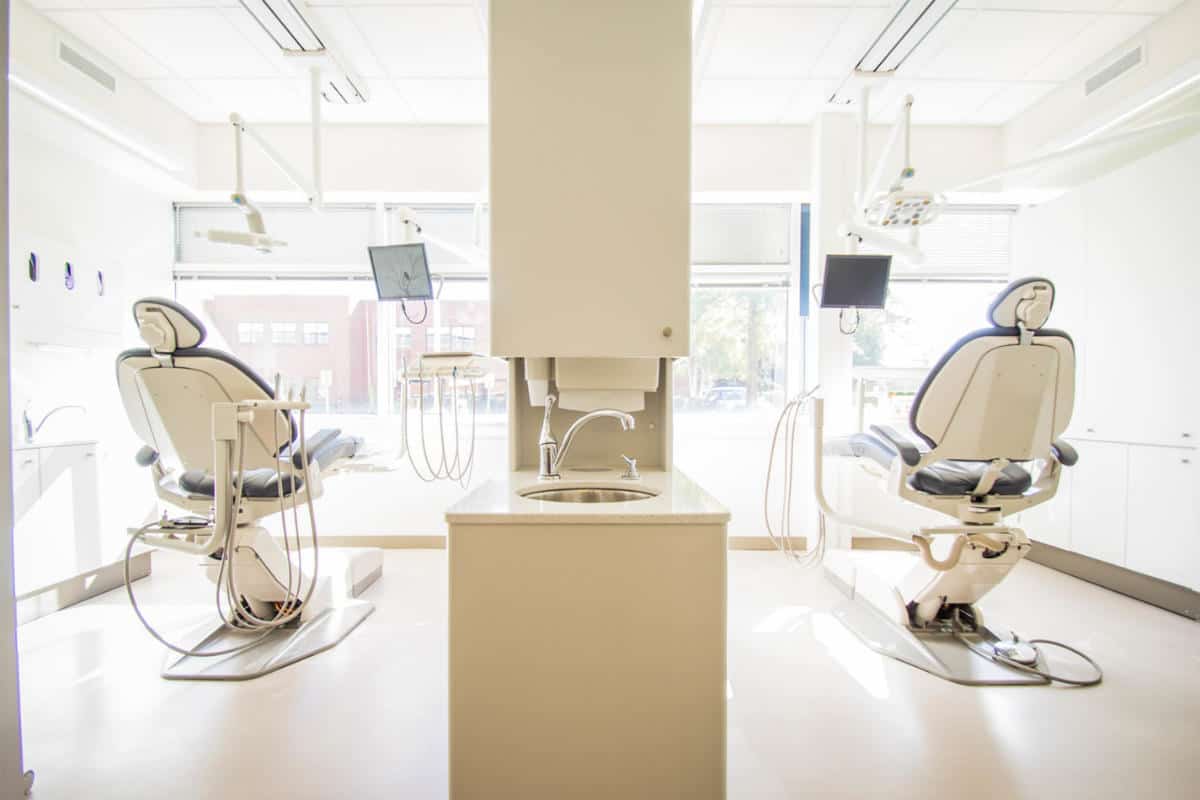How to Dispose of Hazardous Pharmaceuticals: A Complete Guide to Safe and Compliant Disposal In 2025
Proper pharmaceutical disposal is critical for any healthcare facility, pharmacy, laboratory, or medical provider. With thousands of medications in circulation, managing expired, unused, or contaminated drugs safely is essential to prevent environmental damage, reduce risks of drug diversion, and ensure regulatory compliance.
From pain medications and antibiotics to chemotherapy drugs and controlled substances, pharmaceutical waste is more complex than ever before. Facilities that fail to manage their pharmaceutical waste properly can face serious consequences, including fines, legal penalties, and potential harm to public health.
This guide breaks down what pharmaceutical waste includes, the most effective disposal methods, key regulatory considerations, and the importance of working with a professional disposal partner.
Need Full-Service Pharmaceutical Disposal? “Click Here”
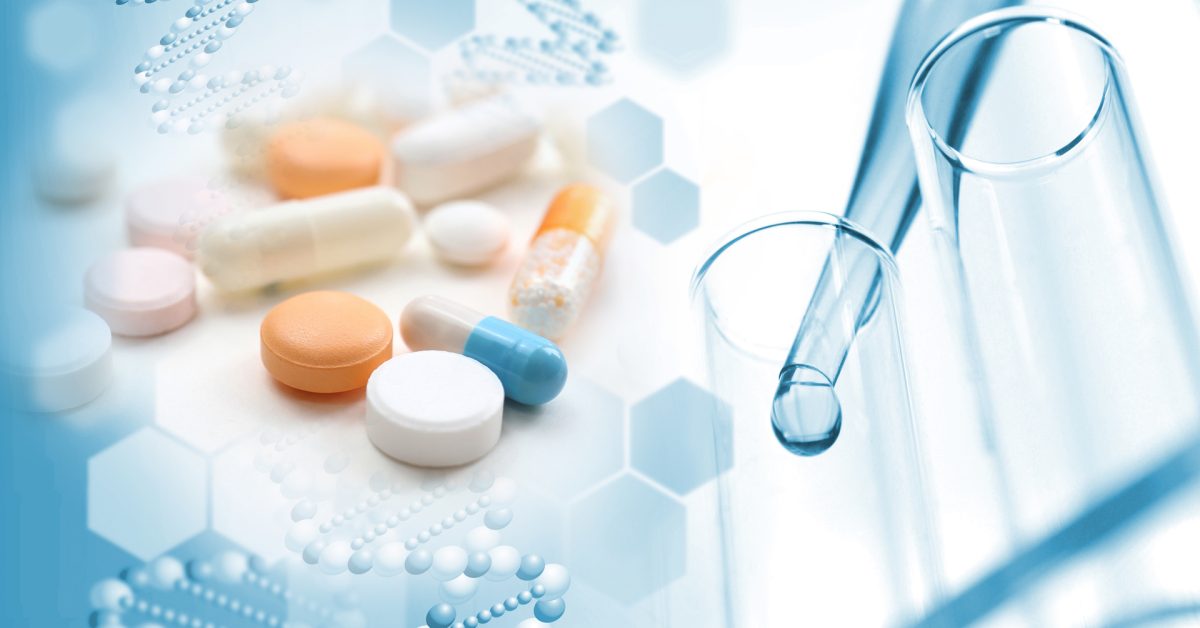
What Is Pharmaceutical Waste?
Pharmaceutical waste includes any unused drug or medication due to expiration, contamination, or excess supply. It may be in solid, liquid, or aerosol form and may include packaging or containers exposed to active pharmaceutical ingredients (APIs).
Examples of pharmaceutical waste include:
- Expired prescription medications
- Unused over-the-counter drugs
- Contaminated IV bags, syringes, or vials
- Chemotherapy agents and PPE used during administration
- Controlled substances requiring DEA compliance
Pharmaceutical waste must be classified correctly to determine the appropriate disposal method, especially since federal law considers many drugs hazardous or controlled.
Classifications of Pharmaceutical Waste
Understanding the different classifications of pharmaceutical waste is the first step toward safe and compliant disposal. Here are the primary types:
1. Hazardous Pharmaceutical Waste
These substances meet the ignitability, corrosivity, reactivity, or toxicity criteria. They are regulated under the Resource Conservation and Recovery Act (RCRA) and include drugs such as:
- Warfarin (blood thinner)
- Chemotherapy drugs
- Nicotine patches
- Epinephrine
Improper handling of hazardous pharmaceutical waste can result in EPA violations and severe penalties.
2. Non-Hazardous Pharmaceutical Waste
While not classified as hazardous, these substances can still harm the environment if flushed, poured, or landfilled improperly. Non-hazardous pharmaceutical waste includes:
- Antibiotics
- Antacids
- Vitamins and supplements
- Common cold medications
These drugs should still be collected and disposed of using a compliant waste management process.
3. Controlled Substances
These are drugs classified by the DEA as having a potential for abuse or dependency. Examples include:
- Morphine
- Fentanyl
- Hydrocodone
Controlled substances must be rendered non-retrievable through approved destruction methods, and disposal must be documented meticulously.
Why Proper Disposal Matters
The impact of improper pharmaceutical disposal is far-reaching. When medications are flushed down toilets or drains, they can enter water systems and cause contamination of rivers, lakes, and drinking water. Traces of antibiotics, hormones, and other compounds have been found in water bodies worldwide, contributing to drug resistance and ecological disruption.
Additionally, pharmaceutical waste that ends up in the regular trash can be accessed by unauthorized individuals, increasing the risk of drug abuse and diversion. For healthcare providers, improper disposal can lead to non-compliance with federal and state laws, costly fines, and damage to reputation.
Pharmaceutical Waste Disposal Methods
Several disposal methods exist, but not all are appropriate for every type of pharmaceutical waste. The choice of method depends on the drug’s classification, quantity, and applicable regulations.
1. Incineration
High-temperature incineration is the most secure and reliable way to destroy pharmaceutical waste. It eliminates active drug compounds and ensures compliance with EPA and DEA standards. This is the preferred method for hazardous waste, chemotherapy drugs, and controlled substances.
2. Chemical Deactivation
Some liquid drugs can be treated with chemicals that neutralize their active ingredients. This method is typically used in specialized facilities and is best suited for small volumes of certain pharmaceuticals.
3. Secure Landfilling
After appropriate treatment, some non-hazardous waste may be sent to secure landfills. These landfills are engineered with liners and leachate collection systems to prevent environmental contamination.
4. DEA Take-Back and Mail-Back Programs
These programs allow facilities and individuals to return unused medications, mainly controlled substances, to authorized handlers for proper destruction. However, these are generally intended for public or residential use and unsuitable for facility-generated waste.
Regulatory Compliance Overview
Pharmaceutical waste disposal is heavily regulated. Healthcare providers must comply with various laws, including:
- EPA’s RCRA Subpart P – Regulates hazardous pharmaceutical waste from healthcare facilities.
- DEA Rules for Controlled Substances: Require secure handling, tracking, and destruction of controlled drugs.
- OSHA Standards – Mandate proper labeling, storage, and employee training for handling hazardous substances.
Failure to comply with these regulations can result in financial penalties and potential shutdowns. Facilities must ensure that their waste management practices align with federal and local laws and that their staff is trained accordingly.
Why You Need a Professional Disposal Partner
Managing pharmaceutical waste is not as simple as tossing medications in the trash or calling a standard waste hauler. It requires:
- Waste classification expertise
- Secure, compliant containers
- Licensed transportation and tracking
- Treatment at certified facilities
- Documentation and manifests for audits.
Working with a professional disposal partner ensures that your pharmaceutical waste is handled correctly from start to finish, minimizing risk and keeping you compliant with the law.
Secure Waste: Your Trusted Pharmaceutical Disposal Partner
Regarding pharmaceutical waste disposal, Secure Waste provides reliable, compliant, and affordable solutions tailored to the needs of healthcare providers.
We specialize in managing all types of pharmaceutical waste, from routine expired medications to chemotherapy agents and controlled substances. Our team ensures your facility complies with EPA, DEA, and OSHA regulations.
We proudly serve Maryland, Virginia, and Washington, D.C., offering:
- Waste profiling and classification for compliance
- DOT/EPA-compliant packaging and transportation
- High-temperature incineration or deactivation methods
- Documentation and proof of destruction
- Flexible pickup schedules (on-call or recurring)
Whether you operate a small pharmacy or a multi-site hospital, Secure Waste offers the expertise and service reliability you need.
Get Started Today
Don’t let pharmaceutical waste become a compliance risk or an environmental hazard. Let Secure Waste help you manage it responsibly.
📞 Call us now at 877-633-7328
🌐 Visit www.securewaste.net to request a quote or schedule a consultation.
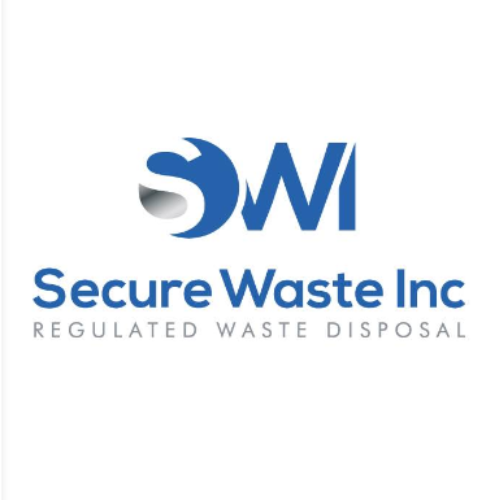
Expert Medical Waste Management: With over 25 years of industry experience, Secure Waste is a trusted local leader in hazardous and biohazardous waste disposal across Maryland, Virginia, and Washington, D.C. Specializing in medical waste management, sharps needle disposal, and biohazard waste removal, the company ensures full compliance with federal, state, and local regulations while prioritizing environmental sustainability.
The company also offers additional services, including secure document shredding and sharps container sales, providing comprehensive solutions for healthcare facilities and businesses. Our cost-effective services help clients maintain regulatory compliance without unexpected costs.
With a commitment to customer satisfaction, Secure Waste offers tailored waste management plans that align with industry best practices. Their team of experts provides reliable, timely, and compliant services, making them the preferred choice for medical waste disposal. For a free waste quote or more information, visit www.securewaste.net
